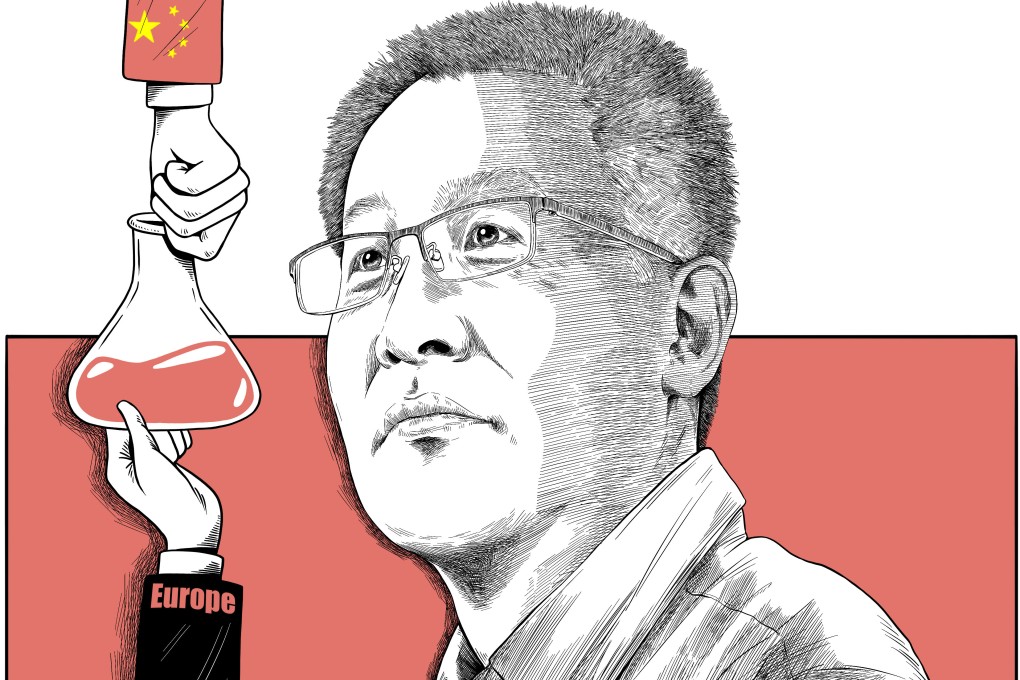Open Questions | How Chinese science and technology have influenced the West … and vice versa
Historian Han Qi on why the exchange of scientific knowledge is so important – from astronomy and salt wells to high-speed trains

In what ways has Chinese scientific knowledge influenced Western scientists – especially in fields that are still salient today?
There are people who believe that China only has traditions in technology, but not in science. However, in fields like astronomy, China actually has a very long tradition of astronomical observation dating back more than 2,000 years. China has the longest and most complete records of astronomical observations, including solar and lunar eclipses, and records of stars, meteors and supernovas. Europeans do not have the same level of observational astronomy records, so Chinese records have actually had an influence on the West.
In the 17th and 18th centuries, many people began to study the universe. For a long time both Western and Chinese astronomers were not sure about the changing rule of the values of the obliquity of the ecliptic. In 1722, a French Jesuit missionary named Antoine Gaubil arrived in Beijing and checked over numerous Chinese historical records. After compiling the records, he sent them to France. In the early 19th century, there was a famous French astronomer and mathematician named Pierre-Simon Laplace who read the compiled manuscript and performed some calculations and conducted research based on it. This was a way in which Chinese astronomical observations have had a very direct impact on science up until today.
So these ancient Chinese scientific observations have influenced both European and American astronomers. Even now, some people are still using these records to find the earliest star explosions using large telescopes. This is the influence of Chinese astronomical records on both current and past astronomy.
Have Chinese historical records also enabled the development of climate modelling and the study of climate change?